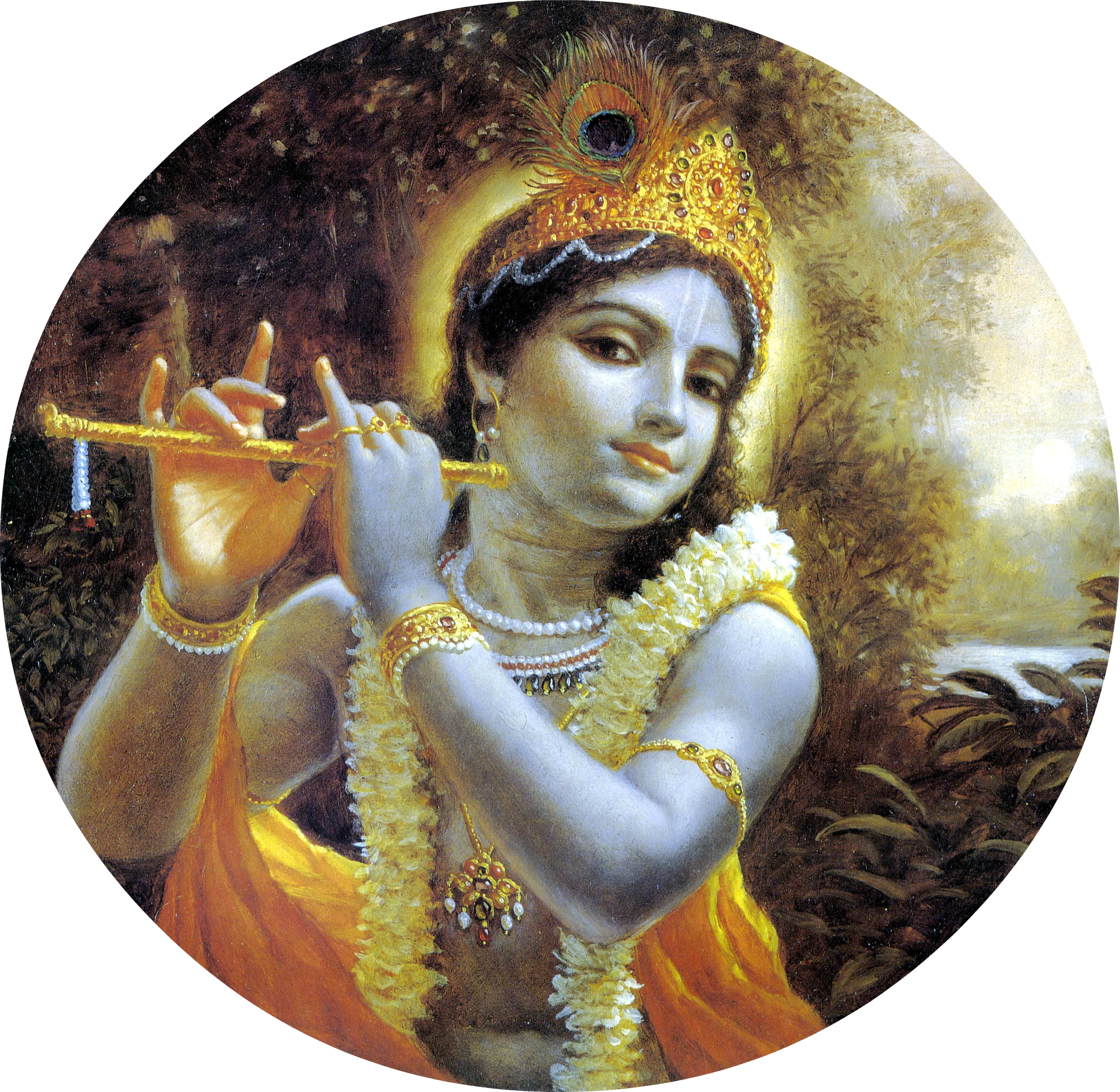

The following is an excerpt from Śuddhā Bhakti: The Path of Pure Devotion by Śrīla Bhakti Vallabha Tīrtha Mahārāja
Not all of our wishes come true. God controls all affairs, but He does not interfere in the relative independence of the jīva, the individual souls. He can interfere if He wishes, for He is omnipotent. But if He did so, then the individual consciousness would become inert; it would become matter. The independent consciousness would be destroyed. So the Lord Himself appears and tries to persuade the souls who are averse to Him to accept His teachings willingly. He does not want to force them to accept devotion. He could do so, but if He did, then the individual consciousness would be destroyed. What would be the benefit of that?  Consciousness is a great wealth, so, while still maintaining the jīvas’ relative independence, the Lord appears here in this world or He sends His own associates to make the jīvas understand that they should willingly submit to Him.
Consciousness is a great wealth, so, while still maintaining the jīvas’ relative independence, the Lord appears here in this world or He sends His own associates to make the jīvas understand that they should willingly submit to Him.
Once, there was a magician. A friend told him that he was experiencing marital difficulties. He said, “I have everything I need, but my wife is not congenial. She is always doing something to displease me, so I am not happy. How can I control her?  You are a magician. Can’t you help me? You must know a spell or something.” The magician gave him a magic wand and said, “Your wife will obey you, whatever you command.”
You are a magician. Can’t you help me? You must know a spell or something.” The magician gave him a magic wand and said, “Your wife will obey you, whatever you command.”
The man went back to his house with the wand and ordered his wife, “Come here!” and his wife came. “Go there!” he said, and his wife went. “Sit here!” he commanded, and his wife sat down. But after doing this for some time, he realized he was still not happy. Why? Because his wife had become like a dog! He realized that for them to have a joyful  relationship, she must have her independence, the ability to think independently. Only if she served willingly could there be happiness. If consciousness is destroyed, there can be no happiness. In the same way, God is not so ignorant that He chooses to suppress the relative independence of the jīvas. He retains it and His counterpart, Gurudeva, does the same. But they make the jīvas understand that they are the eternal servants of the Supreme Lord and
relationship, she must have her independence, the ability to think independently. Only if she served willingly could there be happiness. If consciousness is destroyed, there can be no happiness. In the same way, God is not so ignorant that He chooses to suppress the relative independence of the jīvas. He retains it and His counterpart, Gurudeva, does the same. But they make the jīvas understand that they are the eternal servants of the Supreme Lord and  that by serving Him they will become happy. They try to change the jīvas’ mentality by showing them their own ideal character and example, and by explaining to and inspiring them.
that by serving Him they will become happy. They try to change the jīvas’ mentality by showing them their own ideal character and example, and by explaining to and inspiring them.
God does not want to destroy the relative independence of His minute particles. With whom will He enjoy His pastimes? In order for service to exist, there must be both a servitor and a served. Only then does prema or divine love become a possibility. There can be no such love where there is only one person. The jīvas who are now here in this material world have forgotten Kṛṣṇa, but ultimately, when they experience the awakening of the eternal nature of the self, they will cry for the Lord with great earnestness and perturbation. And God will taste and relish their emotion. Why should we deprive God of that pleasure?
Image/Art made possible by Pixabay.com & Krishnapath.org








